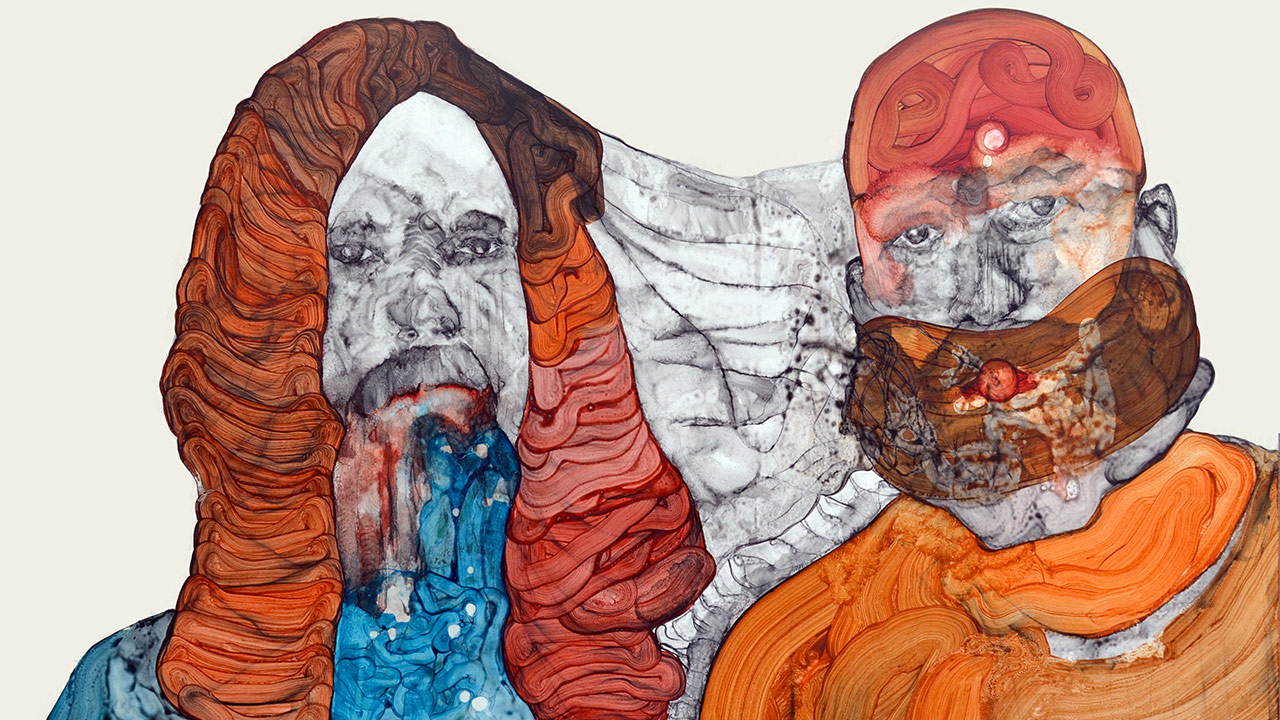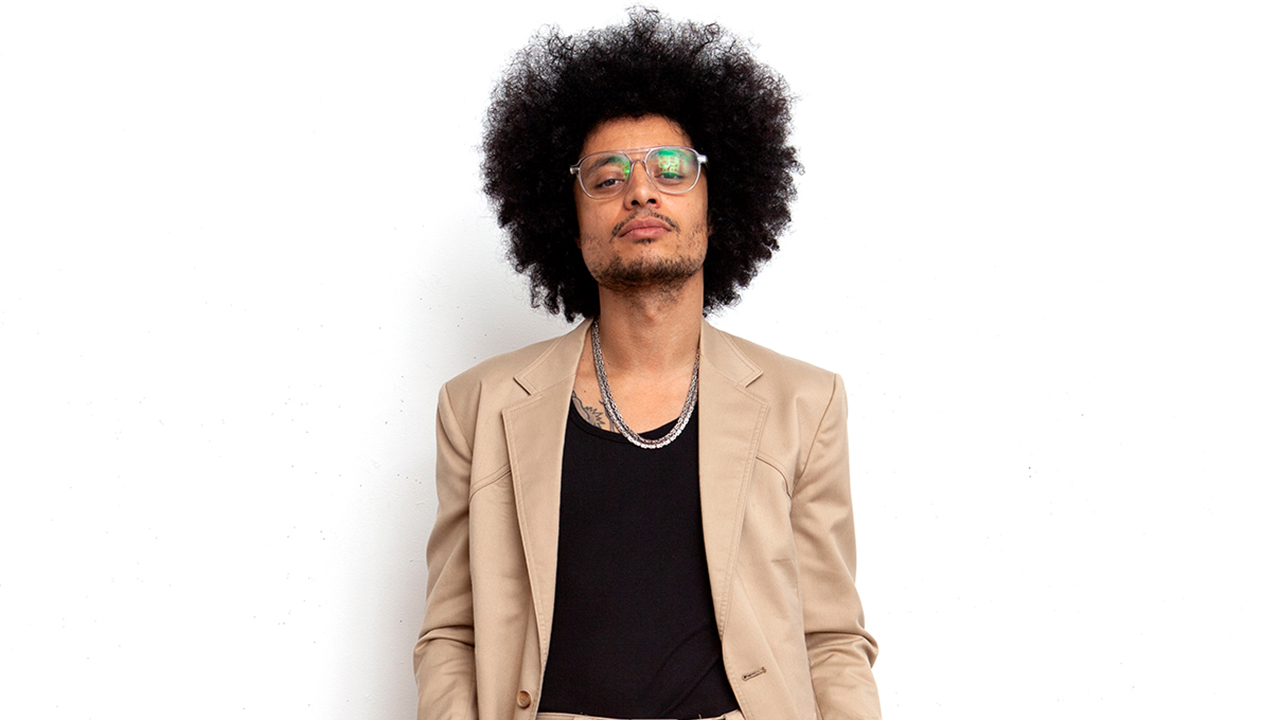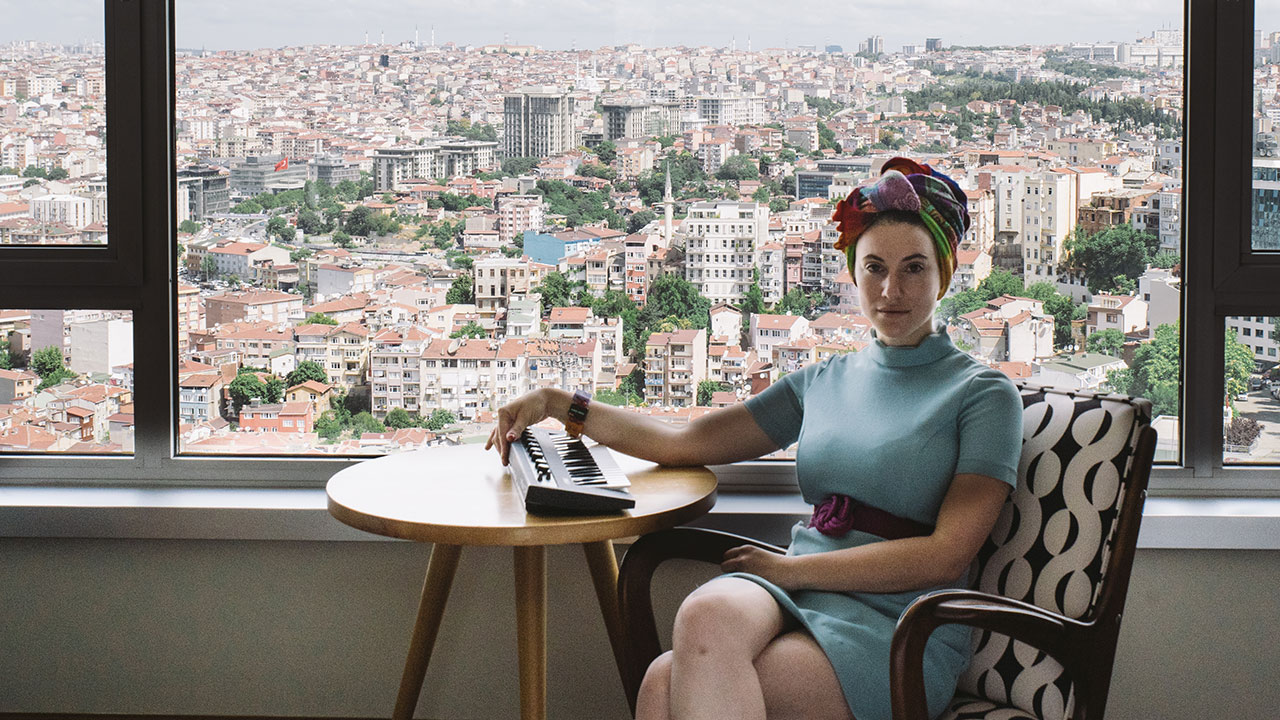Artists’ creations are a group endeavor at the young label, founded by two Blue Note veterans.
One of the beauties of a DIY project is that, no matter what, artists always stay in charge. But what if you could base an entire label around that level of autonomy—and add in a broader support system in which everyone involved helps make each act’s vision a reality?
That's the concept behind Brooklyn and Los Angeles’ Rainbow Blonde. Founded in 2018 by chamber-pop singer-songwriter Talia Billig (also known as Taali), boundary-pushing R&B and jazz singer José James, and producer/engineer Brian Bender, the label is as collaborative and creatively freeing as it gets. The artist always calls the shots, but all the employees are given due credit and respect for their contributions, from conception to release. That comes from the founders’ backgrounds and desire to make music for music’s sake.
The origin
Billig and James met in the early 2010s at the legendary Blue Note Records, where James was an artist signed by producer/executive Don Was (who’s worked with everyone from The Rolling Stones to Bob Dylan to Stone Temple Pilots), while Billig worked for president Bruce Lundvall. The two bonded over a commitment to propping up artistic communities, with Billig founding The Orchard Sessions, a “video salon” series in which musicians performed in her New York City apartment. The duo’s many conversations over the years about how to best support acts without stifling originality led to the idea of forming their own outfit.
“It took me a long time to realize the power in starting your own label,” James says. “It seems like a huge jump—until you do it. From my very first deal, I was producing my own work, I was A&Ring, I was art directing. At a certain point, Talia, Bender, and I were just like, ‘We've done everything that the label has taken credit for, so what would happen if we just did it?’”
So, they finally took the leap when James received full ownership rights to his 2008 debut, The Dreamer, the reissue of which became Rainbow Blonde’s first release. In the two years since, he and Taali have worked on their own projects and expanded the label’s roster, bringing on the eclectic producer duo Bright & Guilty and Grammy-winning jazz bassist Ben Williams. Best known for his work with guitarist Pat Metheny, Williams released his I Am A Man LP through Rainbow Blonde in February 2020.

James, meanwhile, also had two projects come out this year: The single, “When They See Us,” a powerful piece initially intended for Ava DuVernay's 2019 Netflix series of the same name, and his latest album, No Beginning No End 2.
“I just put out my ninth album, the first time I was able to release [one] on my own label,” he says. “Being able to have carte blanche in art direction, production, the writing, the marketing plan, and be in every meeting as an artist, is completely invaluable.”
That workload, though, isn't always a draw for other acts, as having the ability to call all the shots means taking greater responsibility for every facet of a project. “That may not be for everyone,” Billig says. “We're not the kind of label heads who are gonna tell the artist what their album cover should be. We pair them with our favorite graphic designer and allow them to create together. Rainbow Blonde is for artists with a very clear idea of where they're headed and what they're looking for.”

The “Collective”
Rainbow Blonde is much more than just the three founders. To support their roster, they’ve developed a network of in-house designers, photographers, producers, and visionary minds from all over the globe who aren't just coworkers but collaborators.
“Every part of the art being put out is everyone's art,” Billig says. “At every label, there’s an incredibly talented staff of human beings that make it so you can have the art. I always felt labels were backwards in pushing an artist as the only person worth speaking about.”
To that end, Rainbow Blonde's website includes a list, “Collective,” that consists of the helping hands that make it all happen. It includes photographer Janette Beckman, filmmaker Maddie Deutch, business manager Kristin Lee, and the multi-talented Elena Flores, who’s credited simply as “Human.”
“In this contemporary time, a label can be such a voice,” James says. “We're in a different place, where the engineer is celebrated as much as the artist.”
No slowing down
While many labels scrambled to delay or halt album releases after the COVID-19 pandemic hit the US in March, Rainbow Blonde, instead of viewing it as a discouraging moment, the founders saw it as an opportunity to prove themselves.
“In this moment, it is just about art,” says Billig, who released her Were You Busy Writing Your Heart Out? EP in May. “There’s no space for artifice. It's not about show or costume. Right now, the cream is rising to the top because it's about what can you sit down and play, and what can you bring to the table. Independent artists have an unprecedented opportunity in their hands while there’s less noise and artifice.”

Now, the label has a busy summer ahead. Throughout July, they'll share a series of instrumental releases. In August, they're putting out remixes of prior Rainbow Blonde records, reworked by artists from their communities. That same month, Rainbow Blonde will drop a tenth-anniversary edition of James’ Blackmagic, which features four new live tracks alongside the album’s existing beats from Flying Lotus, Taylor McFerrin, and Moodymann.
It's a hefty schedule in such an unpredictable year, but the last thing Rainbow Blonde plans to do is wait. To the team, seeing a vision through doesn't involve guessing what the future holds—it means making music happen in the present.
“I would tell young artists, ‘The time is now,’” James says. “Don't worry about the end result—just worry about making it slap so hard that your voice is being heard. Whether it's on Spotify, TikTok, Instagram, whatever, people will hear that and they will respond.”
-Robin Bacior

No comments:
Post a Comment